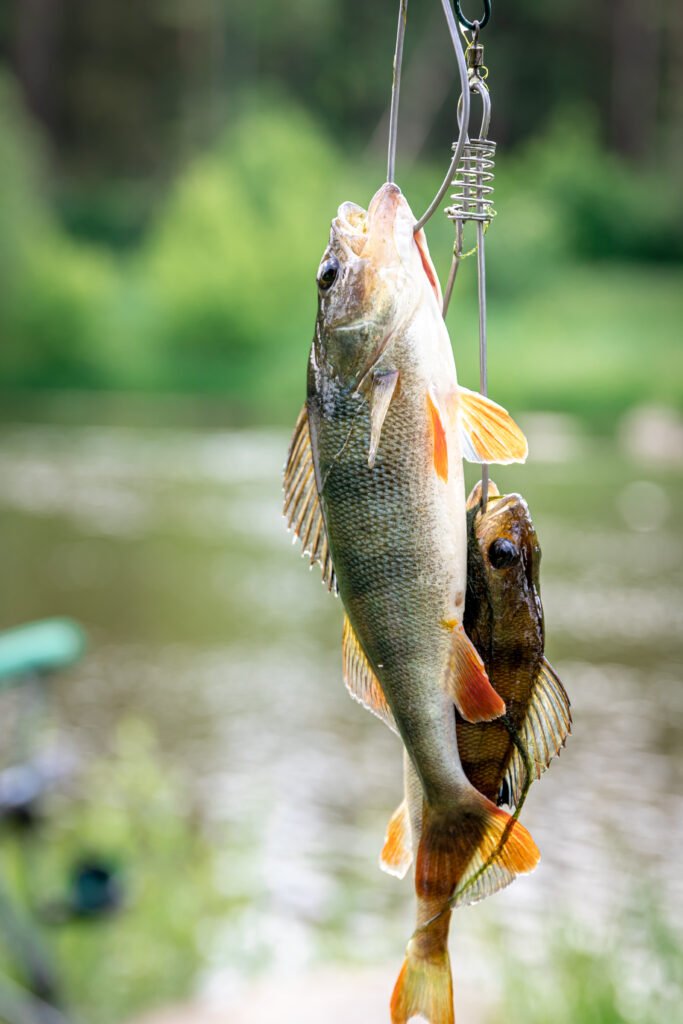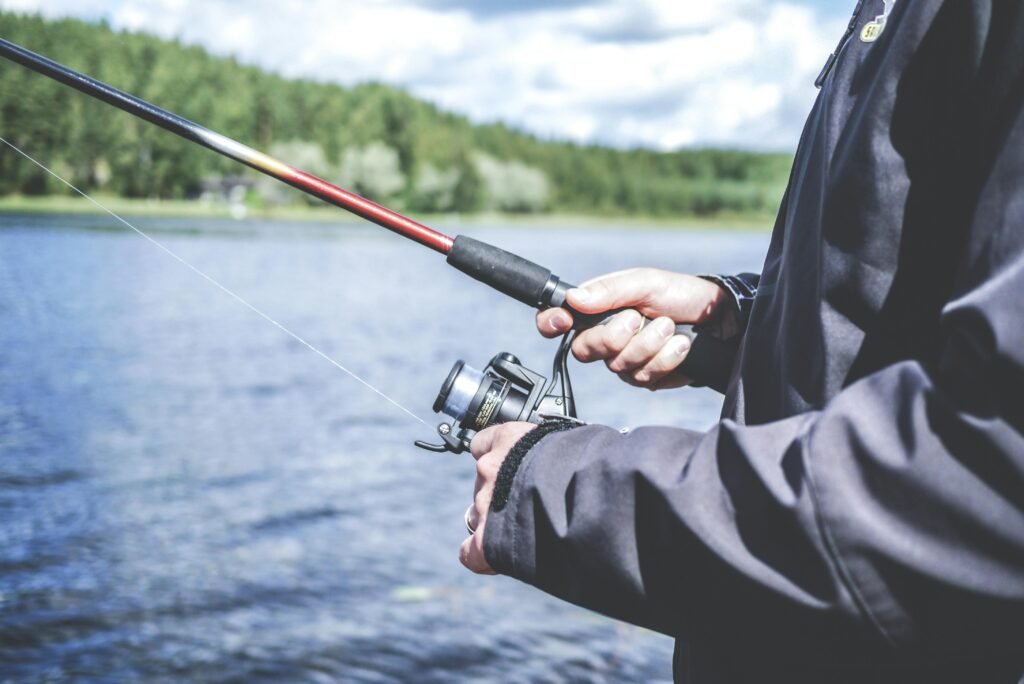Fishing is an art that combines patience, skill, and the right equipment. One of the most debated topics among fishing enthusiasts is the choice between using natural and artificial bait. With the serene backdrop of your favorite freshwater locale, whether it be a meandering river or a tranquil lake, selecting the right bait can make all the difference between a memorable catch and a day spent just soaking your line.
In this blog post, we’ll tackle the pros and cons of natural versus artificial baits to help you make the best choice on your next fishing adventure.
Understanding Natural Bait
The use of natural bait is a time-honored tradition. Nothing matches the real thing when it comes to texture, scent, and taste that can entice fish in a way that mimics their natural food sources.
Pros of Natural Bait:
- Irresistible Aroma: The natural odors emitted by live bait attract fish effectively, leveraging their keen sense of smell.
- Realistic Texture: The soft, organic feel of natural bait can often trick a fish into holding onto the hook longer, giving anglers a better chance to set the hook.
- Versatility: Whether it’s worms, minnows, or insects, natural bait appeals to a wide range of fish species.
Cons of Natural Bait:
- Short Lifespan: Natural bait can perish quickly and may require refrigeration or special care.
- Messy: Handling live bait can be less than pleasant, leaving residue and odor on hands and gear.
- Ethical Concerns: Some anglers question the ethics of using live creatures as bait.
The Appeal of Artificial Bait
Advancements in fishing technology have led to the development of a variety of artificial baits that replicate the appearance and movement of prey species.
Pros of Artificial Bait:
- Durability: Artificial baits tend to last longer and can withstand multiple bites without losing effectiveness.
- Ease of Use: Many artificial baits come with pre-rigged hooks and are ready to use right out of the package, which can be very convenient.
- Variety: A vast array of designs, colors, and sizes allows for a targeted approach, aiming to replicate a particular food source or trigger predatory instincts.
Cons of Artificial Bait:
- Less Scent: While scented options are available, artificial baits often lack the strong natural odors that attract fish.
- Initial Cost: Quality artificial baits can be more expensive upfront than their natural counterparts.
- Skill Requirement: It often takes more technique to make artificial bait appear lifelike in the water.
Making Your Choice
When it comes down to deciding which type of bait to use, consider the fish species you’re targeting, local water conditions, and your personal fishing style.
- Local Knowledge: Pay attention to local fishing reports or talk with experienced anglers in the area to understand what the fish are biting on.
- Species Specific: Some species have a strong preference for either natural or artificial bait. For instance, catfish respond well to scent and might be more enticed by natural bait.
- Trial and Error: Sometimes, the best approach is to experiment with both and observe which one brings more success.
Conclusion
Whether wriggling on a hook or flashing through the water, the right bait can make your angling experience both successful and enjoyable. In the timeless natural vs. artificial debate, there’s no definitive winner—it all boils down to the preference of both the fish and the fisherman.
If you’re just “testing the waters” of fishing, try both types of bait and see what works for you. Remember, fishing is not just about the catch; it’s about the experience. Cast your line with the bait you believe in, soak in the beauty of nature, and enjoy the thrill that each tug on the line brings.
Tight lines and happy fishing!
Remember, the best stories and the biggest smiles come after the calmest waits. Share your experiences with both natural and artificial baits with us in the comments below or on social media using the hashtag #BaitBattle — we’d love to hear about what works for you!




Barınaktan, sokaktan ya da gönüllülerden sahiplendirilen sevimli dostlarımız sahipleniyorum.com’da sizi bekliyor. Hayvanseverler için hazırlanan modern arayüzü ve hızlı filtreleme seçenekleriyle aradığınız dostu kolayca bulun.